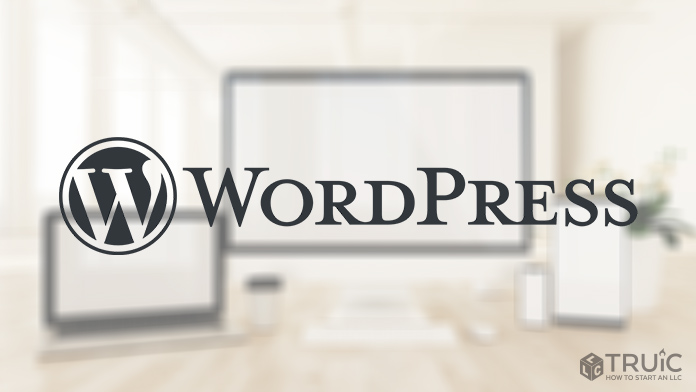As is almost common knowledge by now, WordPress has made a name for itself as one of the giants among the website building platforms, particularly for blogs. That being said, it is difficult for small business owners to know if it would be in their business’s best interest to opt for WordPress or a standard website builder when designing their commercial site.
This article seeks to help quickly make an informed decision on which platform is best suited to your needs. It begins with a detailed review of WordPress before moving on to discuss the pros and cons of it as well as all of its alternatives. By the end, you should be aware of why WordPress powers 40% of the internet plus which platform will be best for you to opt for.
1. WordPress
One of the most important reasons for the prominence of WordPress is its value for money; it is as close to free as it gets with clients only having to pay for a domain name and a web hosting package. The WordPress software itself is provided completely free of charge.
Another added benefit is the fact that its content management system (CMS) is open-source. As a result, it is capable of providing its users with apparently endless website customization possibilities with its platform.
2. GoDaddy
GoDaddy is a renowned giant in the website building industry because of the ease and simplicity of use it provides its users with. The functionality it provides rivals that of all the other competitors on this list for pure simplicity and straightforwardness. All that is required from business owners is to complete a few short questions about your company and you’ll have a functioning website in five minutes.
Although this platform cannot provide some of the features available on some of these alternative website builders, small business owners will not miss them (or most likely even know the difference) as they are unlikely to want to fuss around with your customizing their website all day and all night.
3. Web.com
One alternative worth considering is Web.com. This platform provides an impressively intuitive and easy to use user interface, often meaning a beautiful and fully functional website can be created in a matter of hours, with no requirement to write even a single line of code.
This platform is highly rated because of its plethora of stunning templates and excellent customer service. For those business owners with no prior experience with website building, this is a supreme choice.
4. Wix.com
Another option with a great UI and lots of options to tailor make your website, Wix is perfect for those desiring a sophisticated yet simple commercial website without getting involved in the hassle of coding (or the use of expensive third party themes).
Almost anyone is able to benefit from the market analysis tools and metrics Wix provides; it grants greater insight into each user’s sales. Wix even offers Enterprise plans so that larger companies can work with them to create a website coupled with metrics that are both tailored to their specific needs.
5. Shopify
A favorite amongst ecommerce companies, Shopify is an excellent choice for those looking to design an online store for their business. It is not just its ease of use and inherent value for money that makes it attractive, but the features it is capable of offering alongside this.
Shopify specializes in the provision of a service that is curated to create ecommerce sites. As a consequence, its customer service team is well versed in what it means to be able to provide effective help to businesses owners reach their full potential.
6. Squarespace
Whilst slightly pricier than some of its competitors, Squarespace provides a myriad of impeccable templates that can create extremely beautiful websites that are well worth the additional cost. Moreover, With the latest version of its software renders the website creation process easier than ever before.
Though Shopify is arguably preferable for this purpose, Squarespace is surprisingly effective as a builder of eCommerce sites as it does not limit how many products you can offer on it. From memberships and digital products to physical items and appointments.
7. Weebly
Weebly has earnt its tenure in this space. Having launched in 2006, it is one of the most recognized names in the website building industry, and for good reason. It pioneered the drag and drop functionality that is now considered standard.
On top of this, those with even a little understanding of HTML and CSS are able to edit the code in Weebly directly for even deeper customization. Not that this is a requirement, since it is capable of providing a stunning, professional-looking website right out of the box.
Final Thoughts
We hope this article has helped you in choosing which builder to opt for. If you are looking for a more detailed wordpress review, please follow the link.
Image Credit: TRUiC

